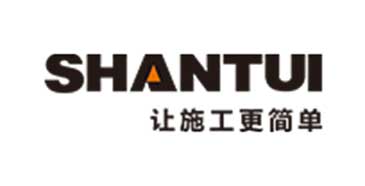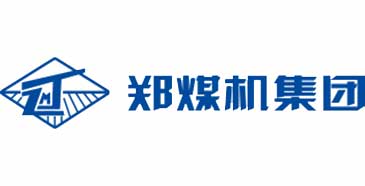Up to $1.8 billion! High US tariffs could severely damage the construction machinery industry!
2025-09-08
Caterpillar recently warned investors that it expects tariffs to impact the company by $1.8 billion this year, higher than its initial forecast in early August.
As a leading global manufacturer of construction and mining equipment, Caterpillar's performance is highly indicative of market trends. Its second-quarter results already reflected the pressure from tariffs, with cost increases reaching the upper limit of its previous estimates. Caterpillar stated that although it has taken initial mitigation measures to reduce the impact of tariffs, trade and tariff negotiations remain highly uncertain.
On August 19th local time, the U.S. Department of Commerce announced the addition of 407 product categories to the list of "derivative" steel and aluminum products subject to tariffs, covering engines, motors, bulldozers, lifting equipment, and their components, with tariffs reaching up to 50%.
This tariff adjustment extends from key components to finished equipment, covering almost the entire construction machinery supply chain, significantly increasing costs and uncertainties for the industry.
Caterpillar is not an isolated case; financial reports from several industry giants have also shown that tariffs have had a significant impact. John Deere stated that it has already incurred an additional $300 million in tariffs this year, and the total for the year may reach $600 million; Kubota's second-quarter revenue decreased by $340 million year-on-year, with additional costs due to tariffs reaching $28 million.
Although some companies have attempted to pass on costs by raising prices, intense market competition has rendered this strategy largely ineffective. Many manufacturers are consistently selling below their list prices, severely squeezing profit margins. It is foreseeable that against the backdrop of continuously changing global trade policies, the construction machinery industry is entering a challenging period of high costs and low profits.
Industry experts analyze that in the short term, companies can alleviate pressure through supply chain adjustments, pricing strategies, and diversified procurement. However, if tariff policies become prolonged and widespread, they may trigger deeper industrial restructuring, including the relocation of production lines, accelerated localization, and even strategic withdrawal from certain markets—adjustments that may be put on the agenda by more companies.
Relevant News
-
Innovation Empowerment | SUPER ARTERY LOW BEND SERIES Super Hercules Low Bend Series Hose
-
Kerosene cleaning objects and methods
-
Letone Hydraulics sincerely invites you to participate in the "19th Beijing Petroleum and Petrochem
-
Yu Wei, Deputy Mayor of Luohe City, came to investigate
-
Letone Hydraulics sincerely invites you to participate in the 19th China International Petroleum and
-
Letone Hydraulics sincerely invites you to participate in the "Germany Hannover Messe" and "BMW E
-
Letone Hydraulics (Booth No.10152) will meet you at the 2024 Abu Dhabi International Petroleum Expo
-
Up to $1.8 billion! High US tariffs could severely damage the construction machinery industry!

















